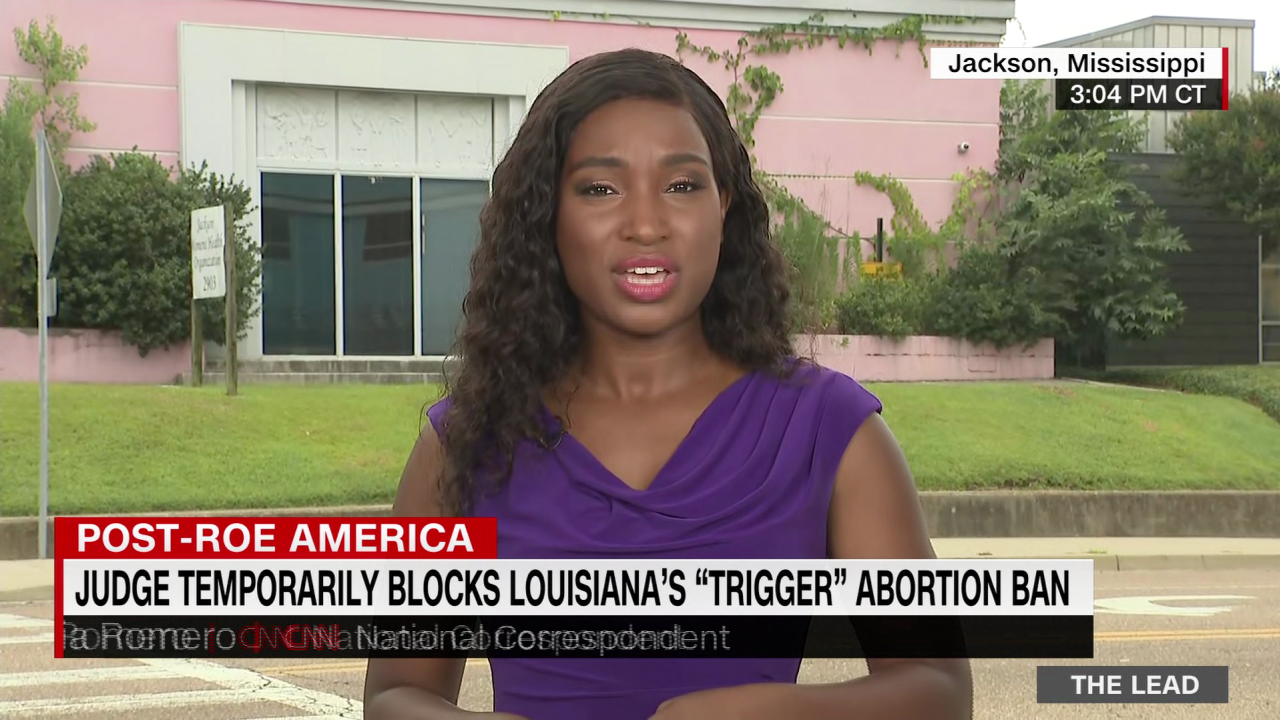Multiple polls conducted since the Supreme Court’s ruling overturning Roe v. Wade find that broad majorities of the public disapprove and suggest that in the immediate aftermath of the ruling, the decision could be more motivational for Democrats than Republicans.
In a new Monmouth University survey released on Tuesday, 60% of US adults disapprove of the Supreme Court’s decision to overturn Roe v. Wade, with just 37% approving. There’s also a significant intensity gap: 53% of Americans strongly disapprove of the ruling, including 84% of Democrats, compared with 29% who strongly approve, including 58% of Republicans.
That’s similar to the finding of two other polls conducted after the ruling: an NPR/PBS NewsHour/Marist survey (56% of US adults oppose the court’s decision, 40% support it) and a CBS News/YouGov survey (59% of US adults disapprove, 41% approve).
In the CBS/YouGov survey, 52% overall call the decision a step backward for America, compared with 31% who see it as a step forward. In that poll, 51% also say it will make the lives of most American women worse, compared with 18% who say it will make their lives better.
Democrats are more apt to call it a step backward (77%) than Republicans are to say it’s a step forward (64%), and while three-quarters of Democrats say it will make life for American women worse (76%), only 33% of Republicans see the ruling as making life better for American women.
Just shy of half of US adults, 46%, say it would bother them a lot if abortion were banned in certain states, according to the Monmouth poll, with Democrats 60 percentage points more likely than Republicans to say they would be bothered a lot, 78% vs. 18%.
An 85% majority overall say that any such state bans should include exceptions in cases of rape, incest, or when the life of the mother is at risk; 72% say it would bother them a lot of state abortion bans did not include such exceptions.
It’s still too early to draw strong conclusions about what effect the decision might have on the outcome of the midterm elections. Future polling will show whether the ruling leads to significant and lasting changes either on which party voters prefer, or on which side’s voters are more likely to turn out.
Most Democrats in the CBS/YouGov poll report that the decision left them feeling upset (78%) and angry (72%), while a somewhat smaller majority of Republicans describe themselves as happy (60%).
Half (50%) of Democrats said in the CBS/YouGov poll that the decision makes them more likely to vote in the midterms, compared with just 20% of Republicans who said the same. While this question does not provide an accurate gauge of actual shifts in voters’ intention to turn out, it suggests that Democrats are currently more likely than Republicans to consider the Supreme Court’s decision a good reason for voting later this year.




